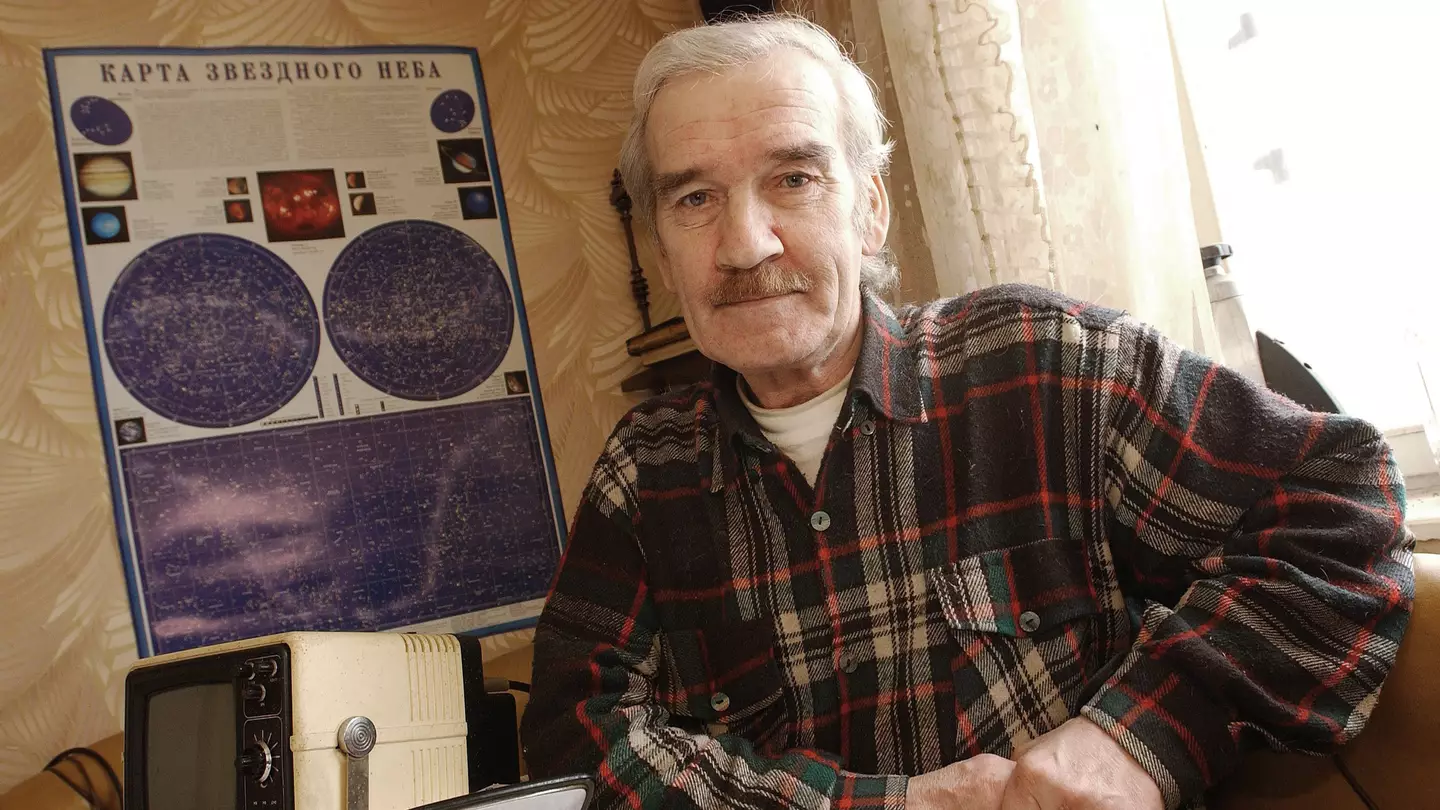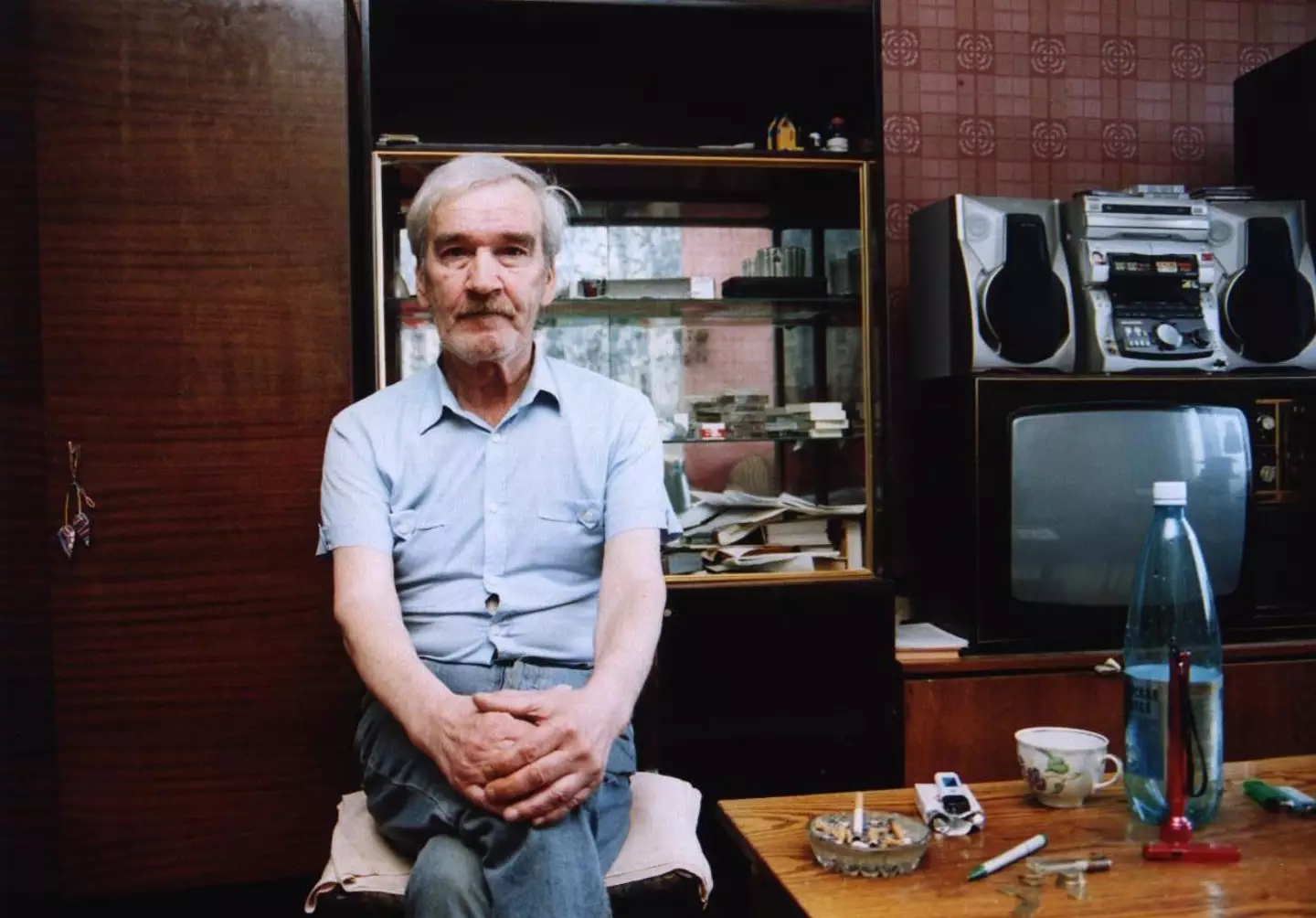
The Cold War is a period of human history replete with near-misses that could have easily ended the world as we know it.
An infamous example is, of course, the Cuban Missile Crisis, which saw a blockade placed around Cuba, and tension between the USA and the USSR at an all time high. We may never know just how close we came to annihilation on that occasion.
It's probably a small comfort that despite the Cold War officially ending with the collapse of the Soviet Union, we are still at a higher risk of nuclear war breaking out than anyone would be comfortable with. More countries than ever have the weapons, and the war in Ukraine has only exacerbated things.

Advert
But there was one occasion where the world as we know it was quite literally saved from nuclear annihilation by one man.
Meet Stanislav Petrov.
On 26 September 1983 Petrov had been on duty at the Soviet Union's early warning system when the unthinkable happened. Readings showed that a number of nuclear missiles had been launched at the Soviet Union from the United States.
Just one of those mornings, I suppose.
The protocol in this scenario was to immediately launch the USSR's nuclear arsenal back at the United States. This was under the strategy of Mutually Assured Destruction, where if one party fires they do so on the understanding that they too will be annihilated.
According to the readouts, the missiles were on their way. The proper thing to do would be to pass the information up the chain of command. This would, in all likelihood, have resulted in a full scale nuclear retaliation.

He later told the BBC's Russian service: "I had all the data [to suggest there was an ongoing missile attack]. If I had sent my report up the chain of command, nobody would have said a word against it."
But Stanislav did not do that.
Instead, he put the readouts down to a false alarm and decided to wait. That's one hell of a gamble. By all accounts it was a dereliction of duty, and could have spelled the end of his country as he knew it.
He said: "There was no rule about how long we were allowed to think before we reported a strike. But we knew that every second of procrastination took away valuable time."
Instead, he reported a system malfunction. After what must have been the longest 23 minutes in all of human history, he realised that if the launches had been genuine, then the first nuclear explosions would have started to register.
While the world remains in a delicate balance to preserve peace, there is some reassurance that the people who operate these apocalypse-bringing weapons have the conscience to hesitate before acting.
Topics: Russia, US News, World News
